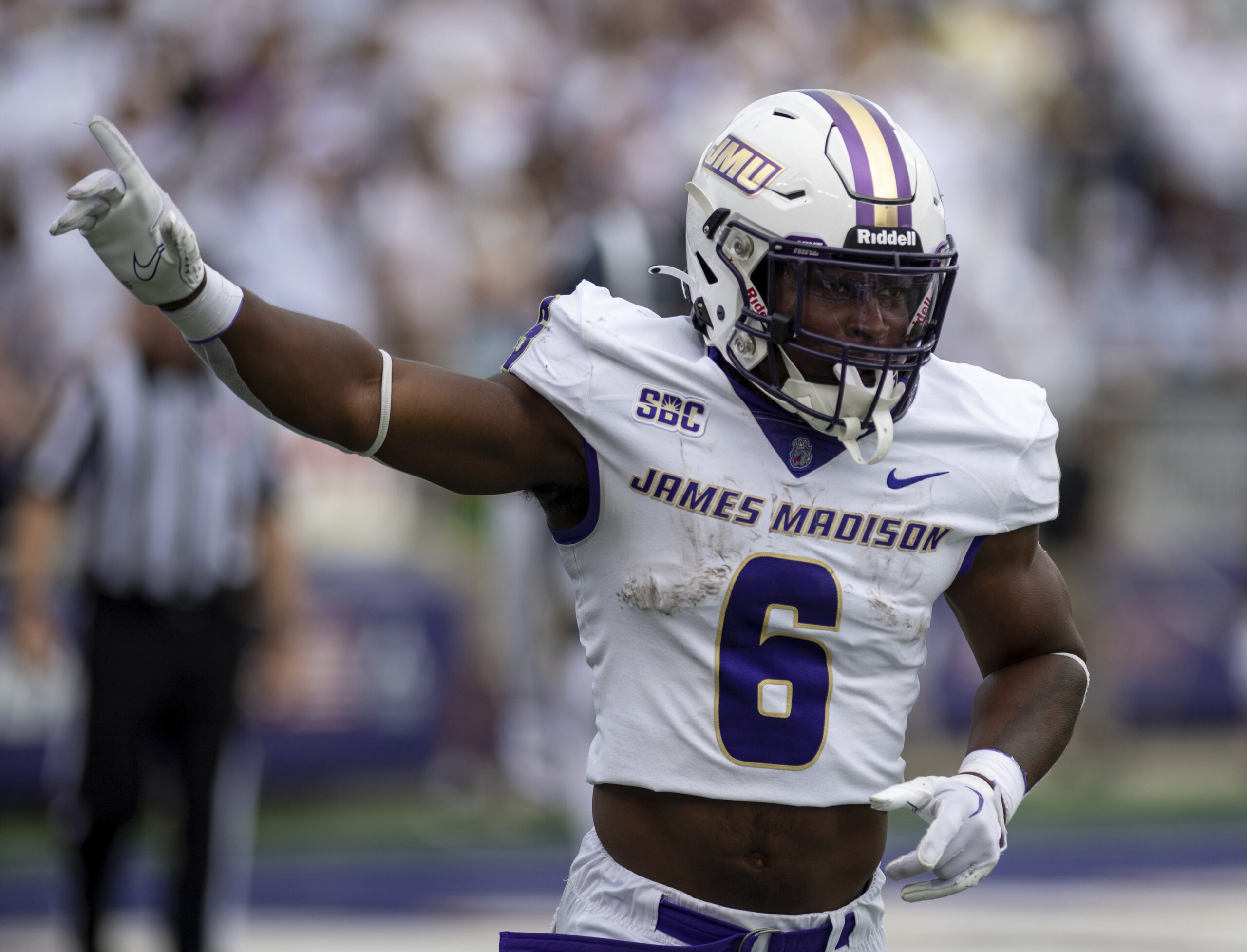Several states have gone to war with the NCAA over various matters in 2023, marking a bumpy year for the governing body of college sports.
The NCAA felt the wrath of state governments for several issues ranging from name, image, and likeness, or NIL, legislation to football postseason selections. Here is a look at three subjects that caused states to go to war with the NCAA this year.
WASHINGTON WIZARDS AND CAPITALS ANNOUNCE PLANS TO DITCH DC AND MOVE TO VIRGINIA
NIL legislation
Several states have passed laws that conflict with the NCAA’s NIL policy, creating tension between the states and the college sports governing body.
Laws passed in Texas, Arkansas, and Oklahoma would allow groups associated with a university that are separate entities to pay athletes for NIL endorsements, but the NCAA has told schools to follow its guidance.
“The Association has been clear and maintains that schools must adhere to NCAA legislation (or policy) when it conflicts with permissive state laws,” the NCAA’s executive vice president of regulatory affairs, Stan Wilcox, wrote in a letter to schools in June. “In other words, if a state law permits certain institutional action and NCAA legislation prohibits the same action, institutions must follow NCAA legislation.”
The tension between schools, states, and the NCAA on this matter is the latest in the saga of NIL issues. Because of the inconsistency, the Senate has explored options for federal legislation outlining how NIL can work for schools and athletes.

James Madison Football’s bowl eligibility
The James Madison Dukes were denied a waiver to be eligible for a bowl, having to rely on how many teams were bowl eligible to receive a bid, which caused uproar among Virginia lawmakers.
James Madison is in the second of their mandatory two-year postseason suspension because they moved from the Football Championship Subdivision to the Football Bowl Subdivision. The suspension is standard practice for the NCAA when a team moves to the higher subdivision, but the university had asked for a waiver to participate in 2023 postseason action.
The program’s waiver was first denied in April and again in November despite the team being 11-1 and ranked 24th in the Associated Press college football rankings heading into the postseason.
Virginia Attorney General Jason Miyares threatened legal action against the NCAA, and Democratic Virginia Senate President Pro Tempore L. Louise Lucas said the state would “go to war on this.”
“Let me remind the [NCAA] that they are required by their charter to follow state laws where they operate. If they continue to hold [James Madison football] hostage to a technical rule and stop them from competing in the postseason they will face a very unfriendly future from our legislature,” Lucas said in a post on X, formerly known as Twitter.
The Dukes would receive a berth in the Armed Forces Bowl against Air Force on Dec. 23 because too few teams were bowl eligible to fill all the postseason games.
Florida State’s College Football Playoff snub
The Florida State Seminoles’s exclusion from the College Football Playoff enraged Florida lawmakers, who vowed to investigate the playoff committee over the snub.
The Seminoles finished the season undefeated, 13-0, and won the Atlantic Coast Conference, a Power Five conference, but the committee chose the 12-1 Texas Longhorns and 12-1 Alabama Crimson Tide over Florida State for the four-team playoff.
Florida Attorney General Ashley Moody called the decision an “injustice” and said she would launch an investigation to see if the playoff committee had committed any “anticompetitive conduct” in December.
“No rational person or college football fan can look at this situation and not question the result. The NCAA, conferences, and the College Football Playoff Committee are subject to antitrust laws,” Moody said in a statement.
“My Office is launching an investigation to examine if the Committee was involved in any anticompetitive conduct. As it stands, the Committee’s decision reeks of partiality, so we are demanding answers — not only for FSU, but for all schools, teams and fans of college football. In Florida, merit matters. If it’s attention they were looking for, the Committee certainly has our attention now,” she added.
CLICK HERE TO READ MORE FROM THE WASHINGTON EXAMINER
As part of the investigation, she sent the committee a civil investigative demand seeking various communications, including those “relating to deliberations to or from the SEC, ACC, NCAA, ESPN, Group of Five conferences, Power Five conferences or any other person relating to the deliberation.” Moody also requested information about the final vote for the playoff, including tallies of the committee members.
Sen. Rick Scott (R-FL) has also demanded information from the playoff committee, seeking to see what went into Florida State’s historic snub.
